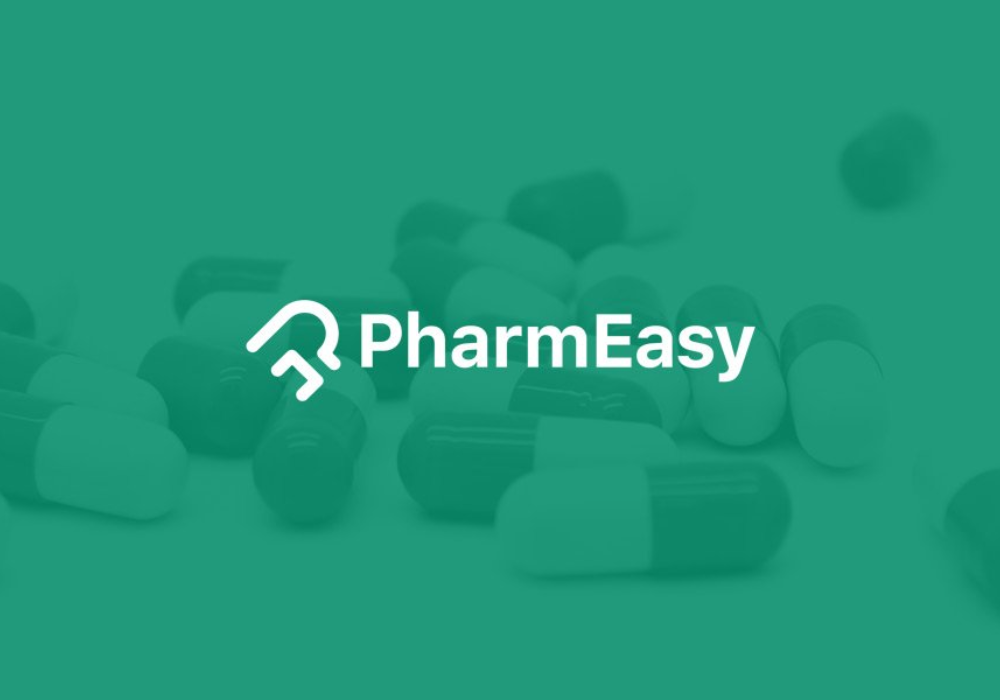Key Notes About PharmEasy
- According to two sources briefed on the situation, the parent company of PharmEasy, API Holdings, increased the size of its rights issuance from Rs 2,000-2,400 crore ($250-290 million) to Rs 3,500 crore ($420 million).
- To protect their ownership of the company in a round that will almost significantly dilute their investment, both new and existing backers have advocated for this increase.
- In comparison to PharmEasy’s prior fundraising event, the rights issue is being closed with a significant valuation reduction, which is referred to as a down round.
- The value of the medication delivery app is anticipated to decrease from approximately $5.6 billion to $500-750 million. It is the first significant Indian unicorn to meet this destiny in recent years.
- The company has received commitments of Rs 2,800 crore ($340 million) for the issue with higher demand from backers like TPG and ADQ.
- Goldman Sachs’ $250 million structured loan might be partially repaid with the proceeds, and unpaid acquisition costs as of 2021 could be settled.
- The problem is anticipated to start in the next days and end in three months. Given that PharmEasy is now a public limited company with a sizable shareholder base, the procedure will take a while. After it filed for an IPO, many ordinary investors purchased shares in the unlisted market.
Analysis
Over the past six months, PharmEasy’s investors have been forced to make one of two undesirable decisions: accept a level of dilution that would almost wipe out the value of their investment, or give the company more money. Unexpectedly more people than anticipated have chosen the former.
Through the rights offering, which is effectively a down round, a new name, Manipal Hospitals chairperson Ranjan Pai, is joining PharmEasy’s cap-table.
With that stance, Pai’s family office expects to receive a 16–18% share for roughly Rs 1,200 crore. Only once current investors have completed subscribing to shares in the issuance will the transaction take place.
PharmEasy had begun the process of becoming a public company, and this has helped it attract a new financier and push through the down round. Its parent API Holdings, initiated the steps for a stock listing and all existing investors subsequently converted their preference shares into common shares.
They renounced the liquidation preference, a clause that gives preferred shareholders (usually staff and founders) priority over investors. The right to get their money back first would have ordinarily belonged to those who joined the company in the final round.
Since its founding in 2014, PharmEasy has received $1.1 billion in equity, and it is currently looking for funding at a pre-money valuation of $500 million. Due to the liquidation preference, if the company had not converted its status from private to public, the common shareholders’ stakes, including those of the founders, would have been eliminated in the rights issue.
Because of the significant downturn, everyone’s stake is becoming less valuable. The most affected companies are Prosus, TPG, Temasek, and CDPQ, but they must make up for it, according to an investor.
PharmEasy made a few pricey buyouts in 2021. Aknamed for $85 million, Marg ERP for $31 million, and Thyrocare for $600 million. These transactions were funded in part by loans from lenders like Kotak Mahindra Bank, JM Financial, and IIFL.
Later, to repay those debts, it acquired structured debt from Goldman Sachs. The Goldman debt can be converted into stock to the tune of Rs 1,000 crore. To avoid that, PharmEasy plans to use the proceeds from the rights offering to pay off the debt.
Besides equity conversion, Goldman set requirements such as defined EBITDA margins for diagnostics unit Thyrocare.
Additionally, PharmEasy must pay for the purchase of medicine supply player Aknamed. “Currently. The overall obligations are around Rs 500 crore, and if capital is raised, they may all be paid off fully, according to a rights issue participant.
After all the payments, according to investors, PharmEasy will have around $100 million left over for its business.
PharmEasy unlisted share prices start from Rs. 8.1. Start investing now!
Get in Touch with us:
For any query/ personal assistance feel free to reach out at support@Altiusinvestech.com or call us at +91-8240614850.
To know, more about Unlisted Company. Click here – https://altiusinvestech.com/blog/what-is-listed-and-unlisted-company
You can also checkout the list of Best 5 Unlisted Shares to Buy in India
For Direct Trading, Visit – https://trade.altiusinvestech.com/.
To know more about How to apply for an IPO? Click- https://altiusinvestech.com/blog/how-to-apply-for-an-ipo/

